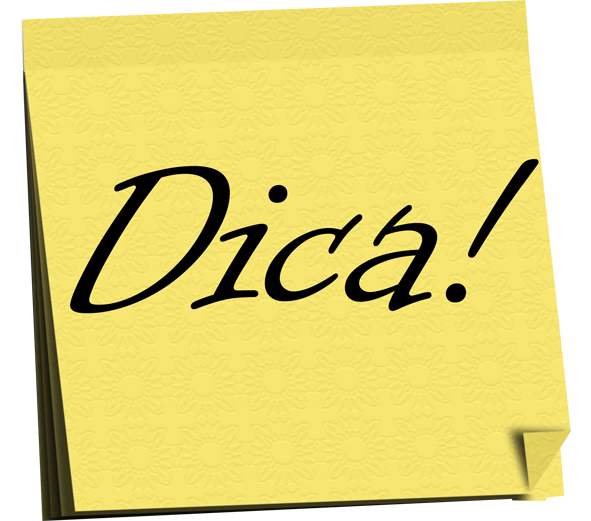
I always try to give anything that remotely resembles an Italian state-run office a wide berth. However, this is not always possible and I often find myself having to interact with badly trained office staffers whose usual form of greeting is an abrasively peremptory Dica. Not Buongiorno, come posso aiutarla? Or Mi dica pure, which would take the edge off this detestable imperative. Hell no, an out-and-out Dica without the slightest hint of a smile (and would you please be quick about it as I have many important things to attend to). To confound or irritate fellow Italians and foreigners alike, this most odious of words is often uttered in barely furnished premises (but for the omnipresent take-a-number ticket dispenser), vacuous hallways and deserted information booths. A sign that, on an average working day, most Italian civil servants are not exactly running themselves into the ground. So why all the dismissiveness?

Far from being bandied about in civil service milieus only, I, too, have had the misfortune of being addressed with a curt Dica in shops, restaurants and coffee bars on several occasions. Even when garnished with a smile, Dica just comes across as plain unfriendly or mind-numbingly perfunctory at best. So why do some Italian speakers seem to use it so nonchalantly? Are they perhaps unaware of the overtones it conveys? Am I the only speaker of Italian whose feathers are ruffled whenever a Dica is hurled my way?
Interestingly, all it would take to make Dica sound somewhat more polite would be a Mi in front of it and a pure right after it. Unfortunately – for the sake of conciseness perhaps – this is not always the case and I, as an anthropologically curious translator, have taken it upon myself to do a little research to find out why this is the case and whether other Romance languages have similarly direct salutation forms.
My findings seem to point to a refreshing lack of such acerbic gambits in several other languages I have taken into consideration. But I may be wrong. In French, it is safe to assume that a literal Dites-moi blurted out of context could easily cause a diplomatic incident. In this regard, the Canadian writers Julie Barlow and Jean-Benoît Nadeau have published an insightful book that is well worth a read if you wish to succeed in communicating effectively in the Hexagone.

So I turned to Spanish and Portuguese to see if anything of this sort occurred in these kindred languages. In Spanish Diga or Dígame are common expressions to say ‘hello’ when picking up the phone. I believe a Buenos días is always the way to go in customer service jobs in both Spain and Spanish-speaking America. In Portuguese, phrases like Diga or Diga lá are synonymous with the Rioplatense Spanish Dicelo ya or standard Spanish Dilo/Digalo, which would mirror the Italian Dillo/Lo dica – again an impatient-sounding imperative.
So we’re left with this false conundrum: as there is no hard evidence that other languages would condone a stray Bitte? a cursory Prego? or a drawn-out Yes?, then we can safely assume that Dica is idiosyncratic to Italian and that next time I hear it I will reply by clicking my heels while rendering a military salute.

